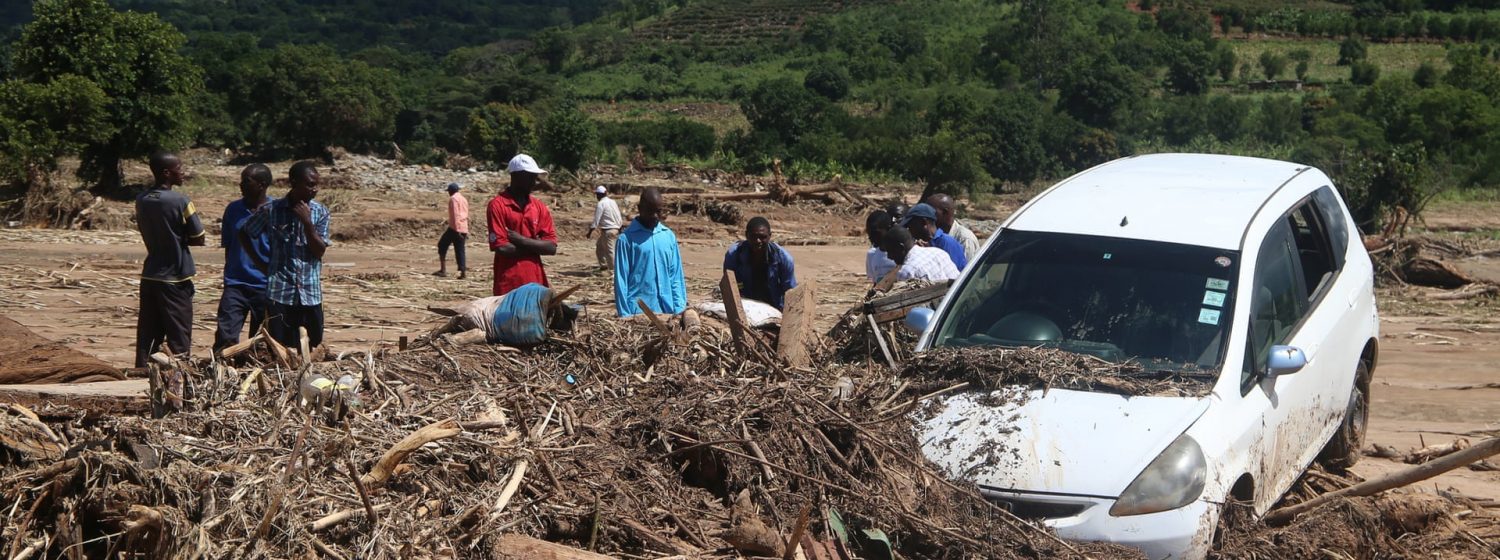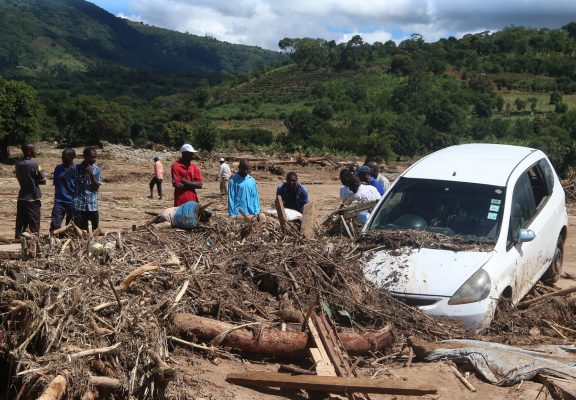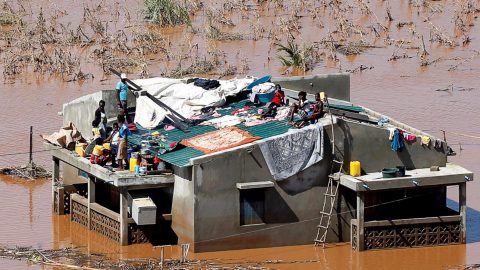

World Environment Day
Rapid climate change poses direct and unprecedented challenges to human health on a global scale. These include the burden of disease from environmental risks—expected to rise steadily over the coming years—and direct and indirect effects on human health due to disruptions and shifts in services provided by ecosystems.
In response to two major 2015 global climate change conventions—the “Paris Agreement” and the 2030 Agenda for Sustainable Development—AHO’s Special Program on Sustainable Development and Health Equity (SDE) held a symposium in 2017, “Climate-smart sustainable societies: addressing public health vulnerabilities and promoting sustainable adaptation now,” to contextualize these goals for Africa.
This special supplement of the African Journal of Public Health includes articles based on presentations and discussions from the aforementioned symposium, which underline the complexity of this topic. Together, they represent a contribution toward protecting human health from climate change, while implementing the global sustainable development agenda in a heterogeneous region.
AHO President Statement in Support of World Environment Day 2020
Today marks World Environment Day (WED). As the coronavirus pandemic continues to plague our planet, impacting millions of people, world leaders are rightly focusing on their emergency responses. Looking forward, however, we as humanity must recognise that there is an intrinsic link between a healthy planet and healthy people.
Over the past decades, us humans have damaged and abused natural areas at an alarming pace with an apparent disregard for our own health, and the health of our planet. We must all take a moment to think deeply about the indivisible part of nature to our very survival. The water we drink, the air we breathe and the land we use are just a few examples of the benefits that we derive from nature. Yet, unfortunately, loss, fragmentation, and degradation has led to a range of environmental impacts that are extremely harmful to people, including the spread of diseases.
Knowing the close link between nature and human health, let us learn from the current pandemic and seize this moment to band together to stop biodiversity loss and climate change. This is a golden opportunity for governments, civil society, and the private sector to lead the transformational change that will secure a healthy planet for healthy people.
At AHO, our stance is steered by our reflections on two major 2015 global climate change conventions – the “Paris Agreement” and the 2030 Agenda for Sustainable Development. Immediately, we were inspired to develop AHO’s Special Program on Sustainable Development and Health Equity (SDE) and held symposium in 2017, “Climate-smart sustainable societies: addressing public health vulnerabilities and promoting sustainable adaptation now,” to contextualise these goals for Africa.
We hope to build on our past success as we help fight the coronavirus crisis. Nature must at the heart of our decision making. As a region, we must act in solidarity to tackle the existential threat posed to our biodiversity, as we have done in our collective response to today’s health pandemic.
It is imperative that the world emerges from COVID-19 with a commitment to nature that supports the health and well-being of generations to come.
#FORNATURE
Graciano Masauso, President
Written by: Zach Malik


